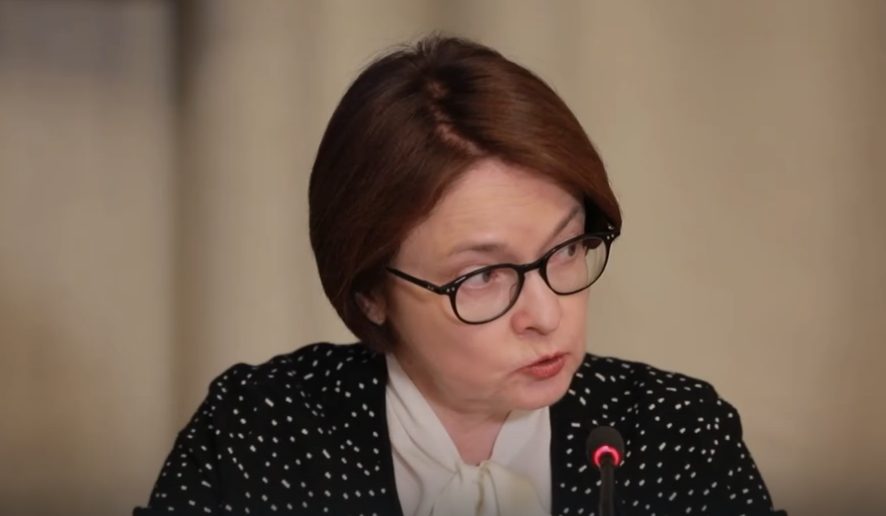Last updated:
 Why Trust Cryptonews
Why Trust Cryptonews
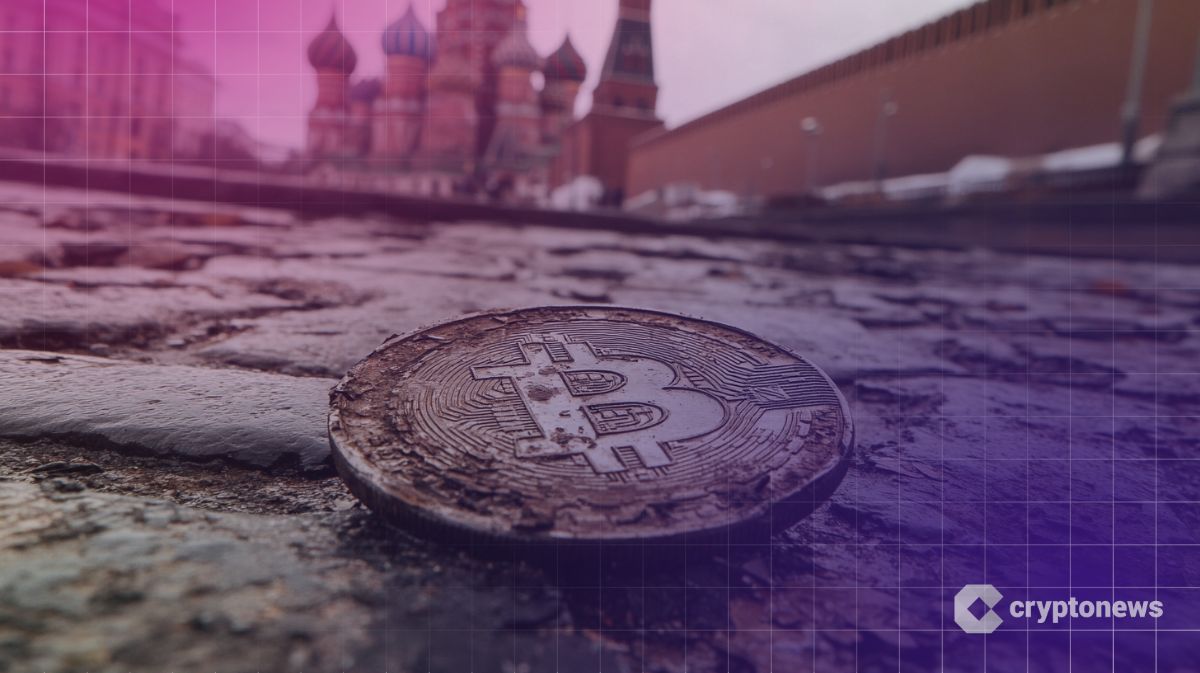
The Russian Central Bank Governor Elvira Nabiullina has doubled down on recent calls to ban crypto, telling lawmakers that traders should face “stricter punishments.”
Nabiullina last month said that she wants to “ban settlements made in cryptocurrencies between residents” outside the “experimental legal regime,” a Central Bank-run sandbox.
Russian Central Bank: Crypto Must Be Kept Out of Economy
The Governor, a key ally of President Vladimir Putin and the chief architect of Moscow’s digital ruble (CBDC) project, was speaking in the State Duma on April 3, RBC reported.
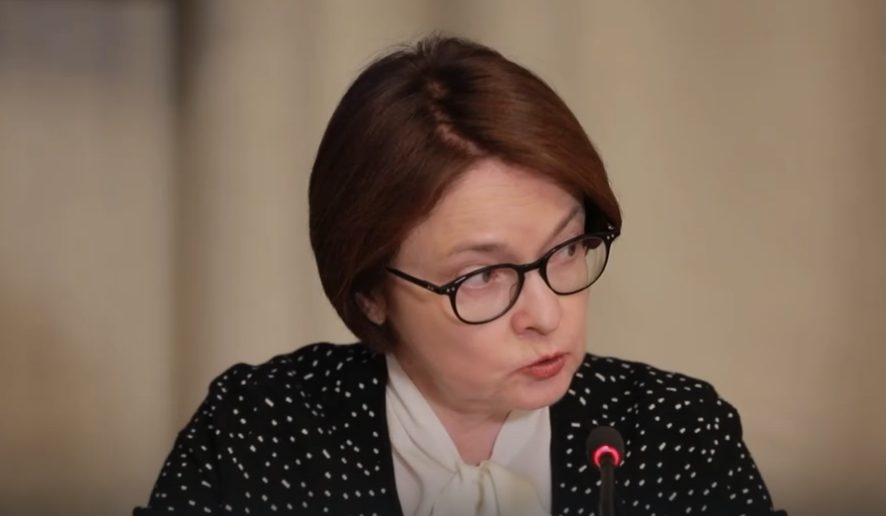
Nabiullina, a long-time crypto skeptic, says Moscow also needs to “increase the liability” for people who make “settlements with cryptocurrencies in Russia.”
She said that crypto must be kept out of “domestic settlements,” although she conceded that tokens could be used in international trade “within the framework of” the sandbox. Nabiullina said:
“Our position is unchanged. We cannot allow crypto to penetrate into domestic monetary circulation; into settlements within the country. We propose to simultaneously pursue [crypto] investment opportunities and increase liability for the use of crypto in settlements within the country.”
Criminal Liability for Traders?
Russian lawmakers outlawed the use of crypto in payments back in 2020. More recently, they have also legalized crypto mining.
But Moscow is yet to pass any laws that govern the status of crypto trading. Lawmakers have also yet to rule on crypto’s legal status.
Moscow is also still undecided on how it should police crypto exchanges.
And while the use of crypto as a “domestic settlement tool” is illegal, enforcement is thought to be rare. Offenders do not currently face criminal liability. But Nabiullina, it appears, wants to change this.
The Central Bank Governor said the Russian government “really must protect retail investors from investing in crypto.” She explained:
“Crypto is very volatile. Retail investors do not understand the risks involved with crypto. And it is unclear who is responsible for these coins.”
However, it appears Nabiullina has accepted that despite her well-document wishes to keep crypto “out of the Russian economy,” she has also made many concessions to pro-industry forces.
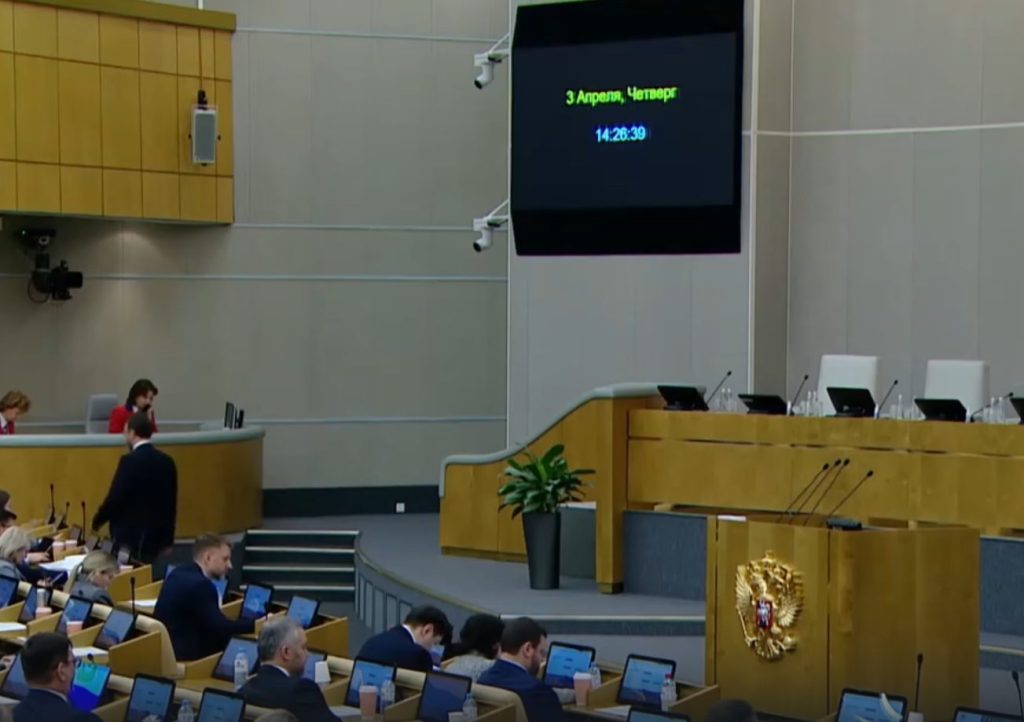
‘Highly Qualified Investors’
Nabiullina again gave her blessing to plans to allow “highly qualified investors” to invest in crypto. However, she said this should be done “within the framework” of the sandbox.
She even suggested that “ordinary qualified investors” could be given permission to invest in crypto derivatives “even outside” the sandbox. Nabiullina said:
“We propose allowing highly qualified investors to invest in Russian crypto infrastructure. The criteria can be discussed.”
Nabiullina dismissed notions that her stance was unreasonable. She noted that the Central Bank “has an absolutely normal approach” to the use of cryptocurrencies in foreign economic activity.
She added that “several” companies were working in the sandbox. These companies are using crypto as a sanctions-evading tool for cross-border payments with overseas partners, she suggested.
However, Nabiullina said she would not reveal the details of the firms involved “for obvious reasons.”
Under existing proposals, only citizens who have already invested over 100 million rubles (around $1.2 million) in securities and deposits will be allowed to obtain the “super-qualified” investor status required to trade crypto in the sandbox.
A further exception will be made for people whose yearly income “amounts to more than 50 million rubles ($587,000).”
Russian Central Bank Crypto Stance: Lawmakers Divided
After the Central Bank Governor had finished her address, the Chairman of the State Duma Committee on Financial Markets Anatoly Aksakov suggested Moscow remains divided on the matter of crypto regulation.
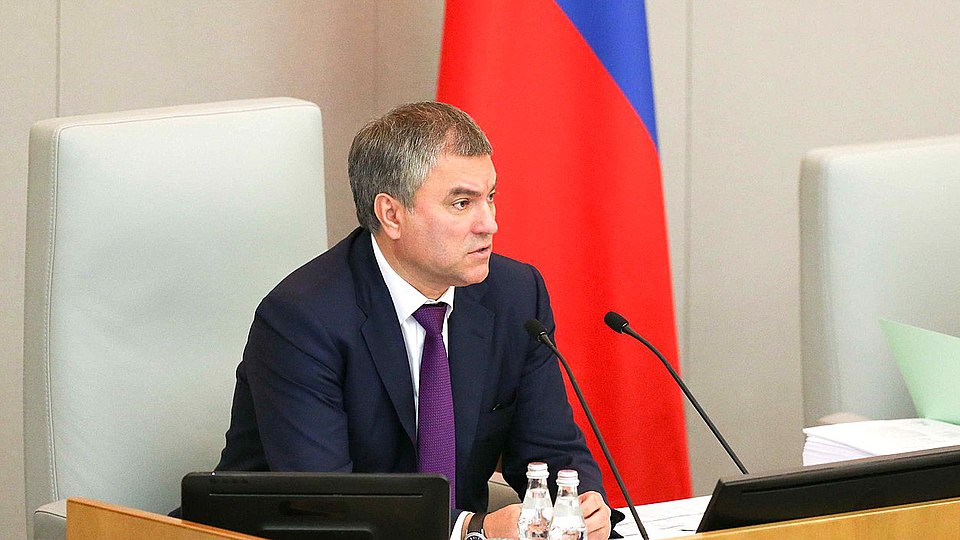
Aksakov said that lower house lawmakers are “showing significant interest in the topic of cryptocurrencies.”
He said that MPs are now either “attacking crypto,” or “are interested in the industry themselves.”
Interfax, meanwhile, reported that Vyacheslav Volodin, the State Duma’s long-serving Chairman, urged lawmakers to step up their regulatory efforts on April 3. Volodin said:
“Let’s think about what other rules we could make in this sector. Please don’t stop. Continue your work, because it is extremely important.”
